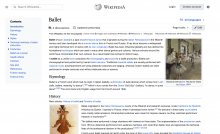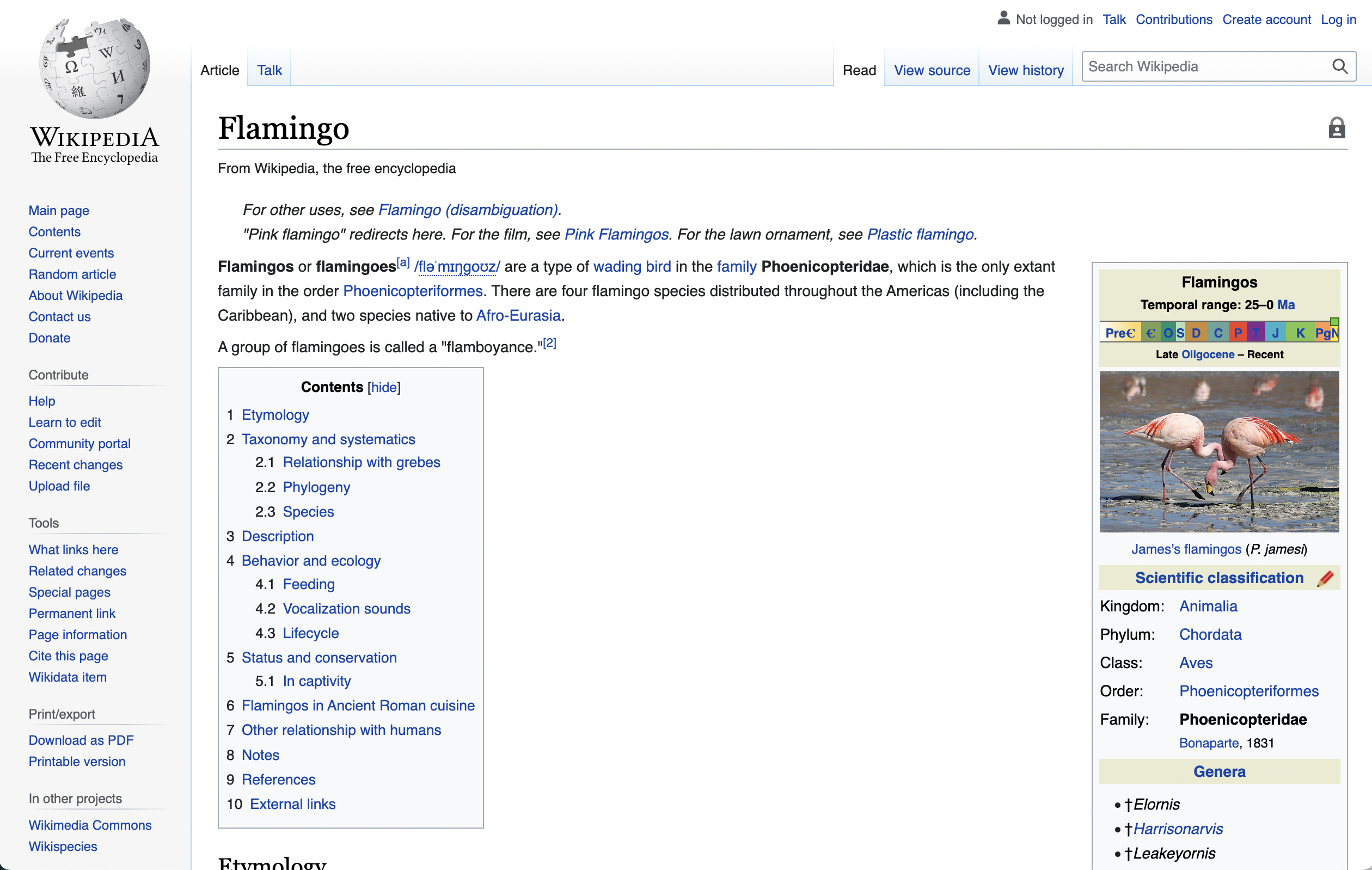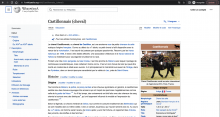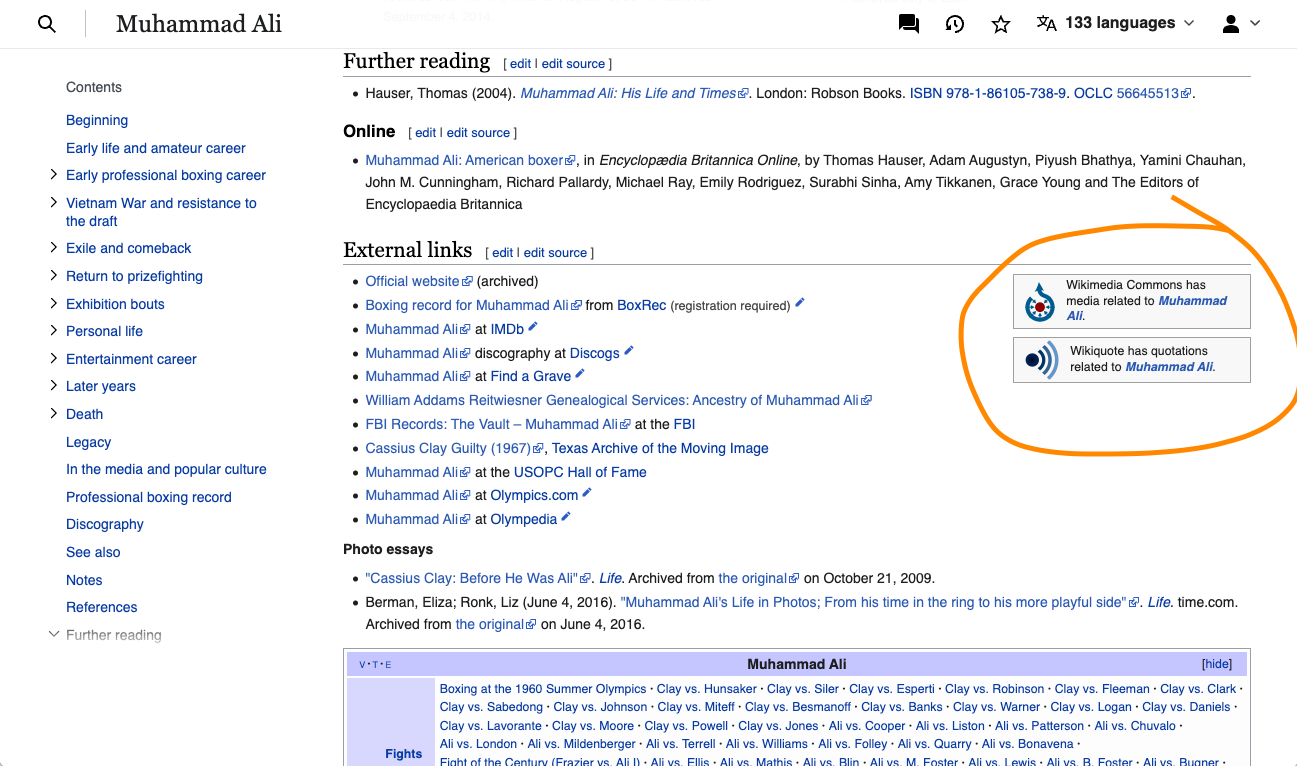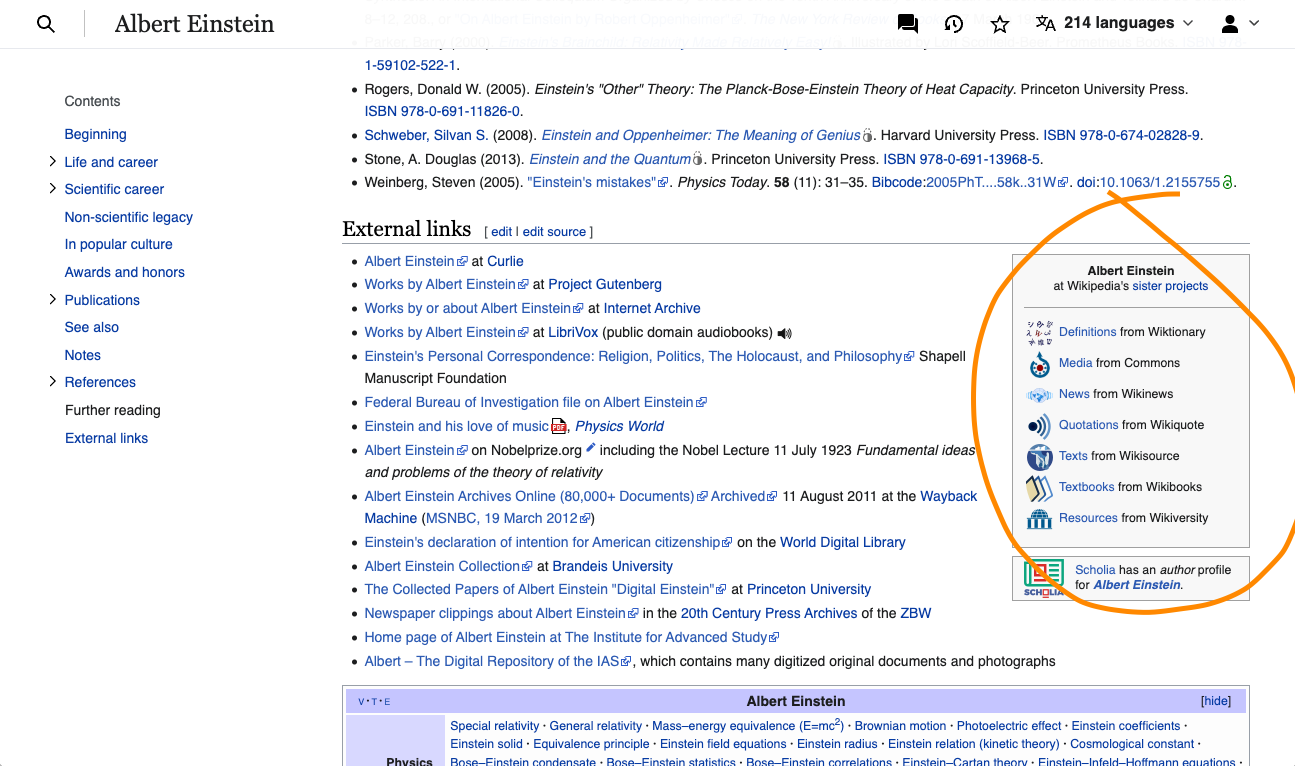Background
The collapsible sidebar allows for increased focus on the page content. For logged-out users who are more likely to focus on reading, we would like to collapse the sidebar by default. Details on our research and motivation are available at https://www.mediawiki.org/wiki/Reading/Web/Desktop_Improvements/Features/Collapsible_sidebar
Description
With the language switcher moved out of the sidebar we can now safely collapse the sidebar by default for logged-out people
Acceptance criteria
- Collapse sidebar by default for logged-out users
QA Results - Beta
| AC | Status | Details |
|---|---|---|
| 1 | ✅ | T287609#8110698 |
QA Results - Prod
| AC | Status | Details |
|---|---|---|
| 1 | ✅ | T287609#8118121 |
